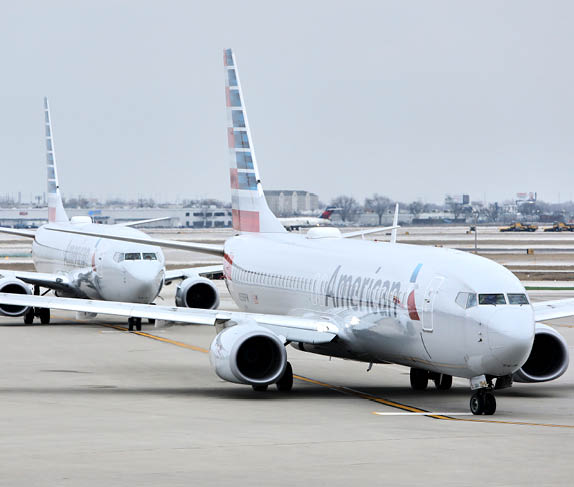A new study commission by Amadeus IT urges travel businesses to adopt and apply the principles of ‘lean’ thinking across IT and operations, in order to create an industry that can better detect, understand and respond to customers’ increasingly complex and changing needs.
‘Cleared for take-off’, written by innovation forecaster James Woudhuysen, argues that only by embracing lean thinking in IT, and removing those activities that do not create value for the customer, can the industry also have more control over both system complexity and costs.
Perhaps crucially, with the advent of rapidly changing consumer preferences, the proliferation of search, booking and inventory options, new technologies, and shorter-than-ever innovation cycles, the paper argues that travel businesses need to adopt lean thinking now - or risk being left behind.
In its purest sense, lean thinking is about cutting waste and removing inefficiency, whilst in turn increasing effectiveness and customer value. And by applying these principles to IT in the travel industry the paper argues that firms can offer more varied and more intelligible functionality to customers in ways that better meet their needs and also improve the overall travel experience.
At the same time, lean can also free up resources which enable businesses to bring innovations to market more rapidly, according to the study. Adopting lean thinking also means basing drives for effectiveness on objective data; understanding the root conditions of problems; giving decision-making power to the people who actually execute IT processes, and proactively interpreting customer data so as to improve customer value. Finally, targets and management objectives in lean reflect the customer's purpose, not the organization’s prejudices.
James Woudhuysen, the report’s author, commented: “The principles of lean, which were pioneered by manufacturing industry in the 1980s, are now being applied to IT and operations within service-based industries. The idea is not only to cut waste and increase efficiency, but also, and even more importantly, to increase effectiveness and create real customer value. Passengers, travel providers and travel sellers expect travel IT to improve continually. They are accustomed to system stability online; but they also expect user interfaces to get better at anticipating their demand for particular kinds of travel. They want solutions delivered quickly, and they also expect new applications that are reasonably priced. Lean thinking in IT has the power to organise much of this and transform the industry in the process”.
He continued: “With lean, travel companies can look forward to rapid rates of new service and app development. They will be able to make more money from cleverly spotted market niches. And, better than they are at present, they will be adept at personalising their offers to the needs of customers as individuals.”
Wolfgang Krips, EVP, Global Operations, Amadeus, said: “Within global operations at Amadeus, we have recognised that lean thinking involves a shift in management style: it’s no longer about directing people, as in a classic command-and-control production model, but rather about nurturing proactivity and reactivity to leverage the organisation’s brainpower. This means we can achieve scale quickly as we work with our customers and partners to shape the future of travel. At Amadeus we have already been using a lean approach in our global IT operations to further strengthen our leadership position in delivering and deploying the innovative solutions used by some of the world’s largest travel brands.”

